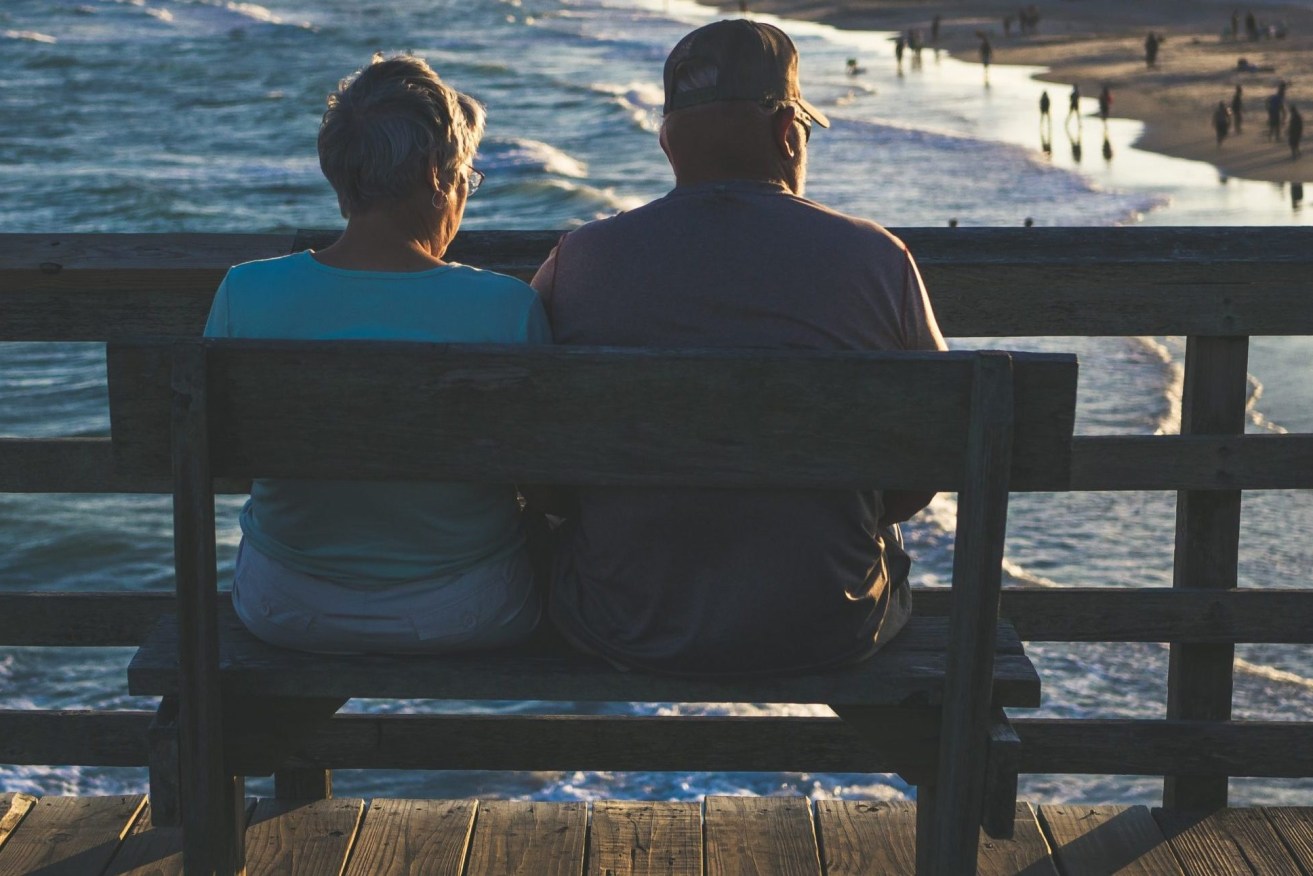Retirees need more to live on as cost of the basics increases
The cost of a comfortable retirement has increased to $63,352 a year for a couple at 65 years of age as costs of food, health care and petrol in particular impacting on retiree budgets.


Retirement costs have continued to increase:(Image Unsplash)
The Association of Superannuation Funds Australia’s June quarter 2021 figures showed the cost for couples had risen .8 per cent and singles would need $44,818 for the same level of retirement, up by 0.9 per cent respectively on the previous quarter.
However, over the year to June 2021, prices were up by around 2.3 per cent for the comfortable couple budget and by 2.6 per cent for the comfortable single budget.
ASFA chief eecutive Dr Martin Fahy said price increases faced by retirees have begun to accelerate following a period when COVID-19 led suspensions or delays in key costs such as health insurance.
“We’re seeing significant increases in the price of essentials, namely petrol (+27.3 per cent), hospital and medical services (+6.7 per cent) and even basic fruit and vegetables.”
After adjusting for one-off changes to All Groups CPI items, such as increases in childcare costs and education costs, as well as those that are not currently relevant (such as international travel and holidays), price increases for retirees were considerably higher than the underlying rate of inflation for the CPI of around 1.5 per cent over the year to June.
“Small price rises across the board can add up to have a big impact on the average retiree budget. The cost of retirement is now 2 to 3 per cent more expensive, on average, than a year ago.
Beef and veal rose 3.6 per cent, private health insurance premiums were up by 2.7 per cent and health costs rose 4.8 per cent. Medical and hospital services (+6.7 per cent) was the main contributor.
Motor vehicles rose 2.2 per cent due to continued strength in consumer demand combined with supply constraints such as a global semi-conductor shortage.
Domestic holiday travel and accommodation prices on average fell 1.3 per cent due to lower domestic airfare prices. Increased competition and the Federal Government’s tourism package, which included subsidised airfares to selected destinations, drove the fall.
Domestic accommodation price rises partially offset the fall, with accommodation operators in Queensland experiencing higher demand following the commencement of half-price airfares, particularly the Gold Coast, Cairns and Sunshine Coast regions.
International travel and holidays remained largely unavailable for retirees, with only limited opportunities to travel to New Zealand.












